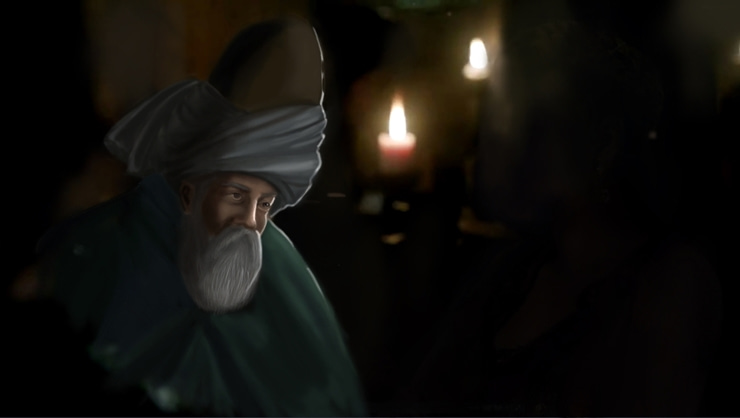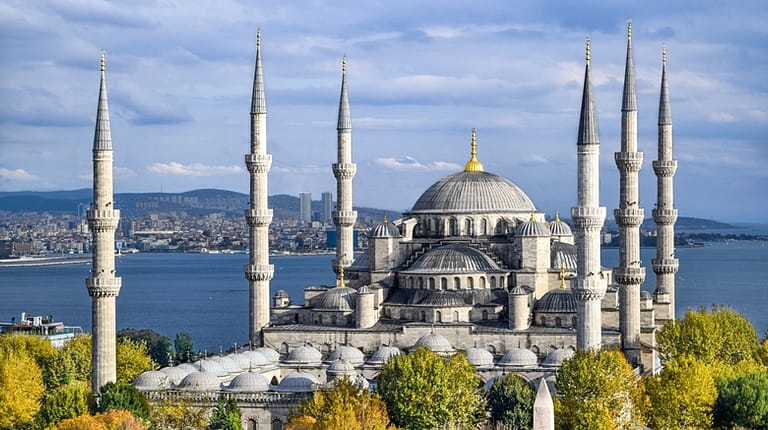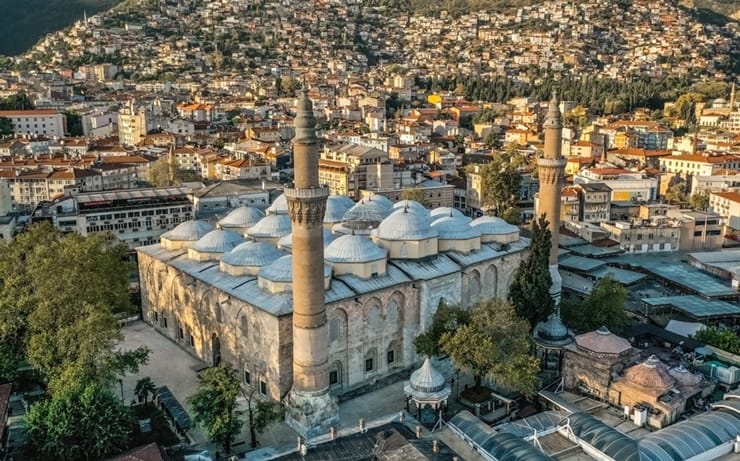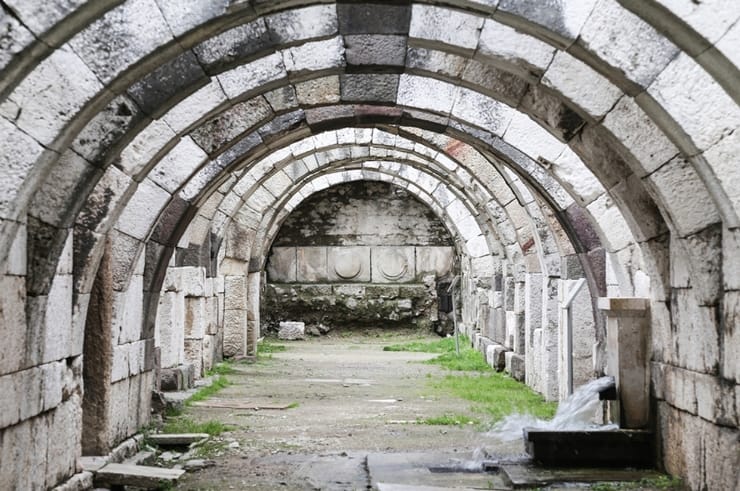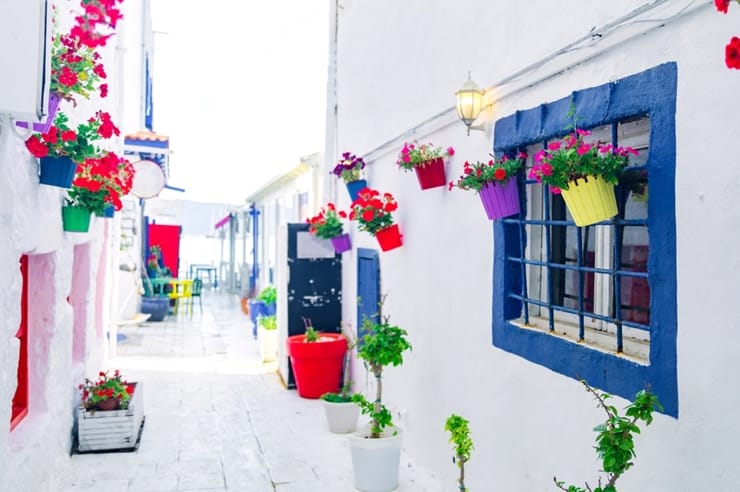Maulana Jalal ad-Din Muhammad Rumi, often simply referred to as Rumi, was a 13th-century Persian poet, Islamic jurist, and theologian whose work has transcended time and culture, captivating hearts and minds for generations. Rumi’s profound poetry, with its themes of love, spirituality, and human connection, continues to resonate with people across the globe, transcending linguistic and cultural boundaries. In this blog post, we delve into the life, works, and enduring influence of this remarkable figure.
Early Life and Education
Maulana Rumi was born on September 30, 1207, in Balkh, which is now present-day Tajikistan. His family fled to escape the Mongol invasion and eventually settled in Konya, Anatolia, present-day Turkey. Rumi’s father, Bahauddin Walad, was a notable Islamic scholar and mystic, whose teachings heavily influenced Rumi’s spiritual development.
Rumi received a comprehensive education, studying various fields such as Islamic jurisprudence, Hadith, philosophy, and languages. His upbringing laid the foundation for his profound understanding of Islam and his deep-rooted spirituality.
Mystical Transformation
Maulana Rumi underwent a transformative experience in his life upon meeting a wandering dervish named Shams al-Din. Shams, a spiritual guide and mentor, profoundly impacted Rumi’s spiritual journey, leading him to a state of divine intoxication and intense poetic expression. The deep spiritual connection between Rumi and Shams inspired Rumi’s most significant literary work, the “Mathnawi,” a collection of spiritual poetry and wisdom.
The Mathnawi: Rumi’s Magnum Opus
The “Mathnawi,” also known as the “Masnavi,” is a six-volume spiritual epic that comprises Rumi’s poetic interpretations of the Sufi path and its connection to the Divine. This masterpiece is considered one of the most important works in Persian literature and Sufi philosophy. Through allegorical tales, anecdotes, and metaphors, Rumi imparts spiritual wisdom, guiding readers on a path of self-discovery, love, and devotion.
Love and Devotion: Key Themes in Rumi’s Poetry
One of the central themes in Rumi’s poetry is love. However, his conception of love extends beyond romantic love to encompass divine love and the love for humanity. He often used imagery of love and lovers to symbolize the spiritual relationship between the soul and the Divine, portraying the longing and yearning for a deeper connection with the divine presence.
In addition to love, Rumi’s poetry is heavily influenced by his deep sense of devotion and faith. His verses emphasize surrendering to the Divine and finding spiritual fulfillment through devotion and submission to the will of God.
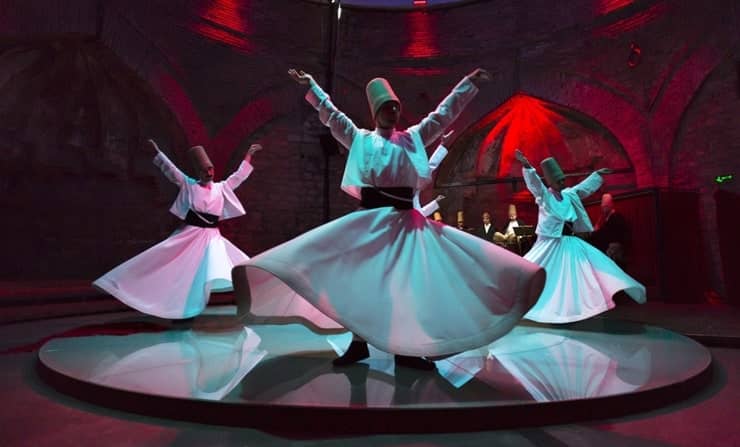
Sema: The Dance of Whirling Dervishes
Integral to Rumi’s spiritual legacy is the “Sema,” a sacred Sufi dance and ritual. The Sema, performed by the Whirling Dervishes, is a mesmerizing and symbolic dance that represents the journey of the soul towards a spiritual union with the Divine. As the dervishes whirl, they embody spiritual ascent, seeking communion with God through trance-like movements.
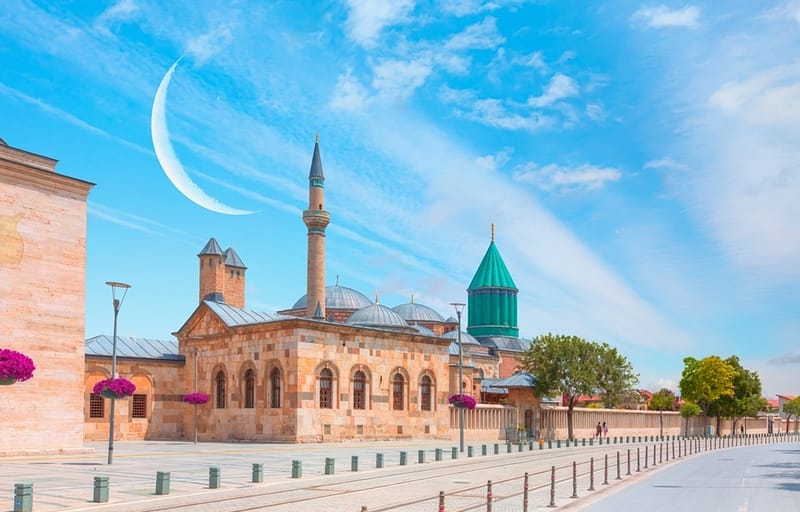
The Passing of a Luminary
Maulana Rumi passed away on December 17, 1273, in Konya, Turkey. He was laid to rest in Konya, and his mausoleum, known as the Mevlana Museum, stands as a place of pilgrimage for those seeking solace and wisdom. His passing marked the end of his earthly journey, but his legacy has lived on through his writings and teachings, inspiring countless generations.
Legacy and Impact
Maulana Rumi’s legacy is vast and enduring. His poetry has been translated into numerous languages and continues to inspire people worldwide. Rumi’s timeless wisdom on love, spirituality, and the human experience touches the hearts of readers, regardless of their cultural or religious backgrounds.
His impact extends beyond literature, influencing various art forms, including music, dance, and visual arts. Rumi’s teachings have also fostered intercultural dialogue and understanding, promoting tolerance and acceptance among diverse communities.
In conclusion, Maulana Rumi’s life and work represent a profound spiritual journey that transcends time and place. His poetry and teachings encourage us to seek love, embrace spirituality, and strive for a deeper connection with the divine, leaving an indelible mark on the fabric of human consciousness.
